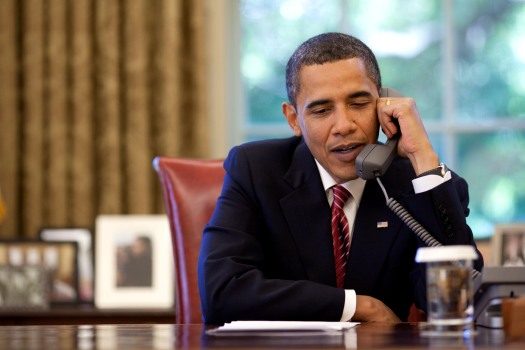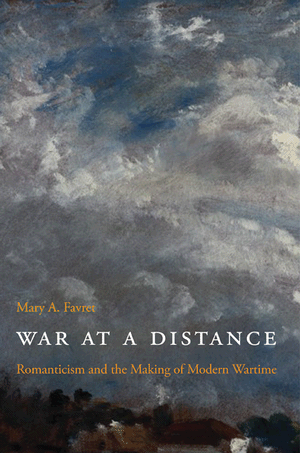Maia Szalavitz looks at research into the addictive quality of fattening foods, which suggests that long-term exposure to fattening items make users less likely to derive pleasure from them.
All Articles
A state-government default would have all sorts of unpleasant consequences, writes James Surowiecki, but, luckily, U.S. states can count on help from the federal government.
Great competition doesn't always inspire greatness. When people compete against a superior peer at the top of his game, they often don't rise to the challenge. Instead, they often just give up.
John Plender looks at the concept of "moral hazard" -- the idea that providing a safety net for the banking system during times of financial crisis will only encourage more risk taking later on.
George Prochnik writes that the ever-present background noise in modern society is more than annoying -- it's actually harmful to our cardiovascular health and concentration, as well as our political discourse.
Jakub Grygiel gives eleven reasons why the study of classical history, and writers like Herodotus and Thucydides, are still vital to a modern education.
President Obama's challenge in taking on Wall Street is not unlike a similar challenge that was faced by President Teddy Roosevelt just over a century ago, write Simon Johnson and James Kwak.
Researchers have come up with a reason why sand grains can build up electrical charges as they collide with one another -- sometimes to the point of creating lightning during dust storms and volcanic eruptions.
Scientists have figured out a new technique for revealing images of hidden objects which could one day allow doctors to see more precisely through the human body without surgery.
A story in the New York Times reveals that the rise of unpaid internships may be illegal: employers may be violating the federal guidelines which determine whether a position can […]
NAACP President Benjamin Jealous was thrilled (though not surprised) to see Barack Obama elected in 2008. And he’s willing to give Obama “wide latitude” during this first phase of his […]
When a bullet from the muzzle of a high powered rifle hits the flesh of a human target, the skin is instantly eviscerated by the speed of the bullet’s hot […]
It’s a common truth now that as much as we create our culture, our culture also creates us. Like Frankenstein’s monster acting with a mind of his own, culture eludes […]
I would like to thank all the people who showed up on Thursday in New York to be part of filming Sci Fi Science, second season. We filmed two episodes […]
Apple's appeal has gone beyond good business inspiring in its customers firm loyalty to the brand and a following that resembles religious devotion.
Homosexual activity has been documented in many animal species but labeling animals as gay carries social baggage that scientists want to keep out of their research.
The Los Angeles Times calls for studies on the effects of secondhand smoke in outdoor environments in order to determine whether smoking outdoors should be banned.
March Madness isn't the only insanity surrounding the American (and global) obsession with sports but just how skewed have our priorities become?
Treasury Secretary Geithner has delayed his report to Congress on the Chinese currency hoping to persuade China to appreciate the Yuan soon.
A Chinese oil tanker that has run aground on the Great Barrier Reef is leaking oil and threatening to break up entirely, causing a greater spillage.
Leader of the left on the Supreme Court, Justice Stevens is expected to retire during Obama's first term; Bloomberg looks at three potential nominees to fill his vacancy.
The Guardian examines the incoherences in Tea Party politics and spelling as demonstrators continue to modify (misspell) the English language in amusing ways.
Eugene Terreblanche, leader of the neo-Nazi party in South Africa, has been cut down by one of his own farmhands ending a career of political extremism, terrorism and violence.
New research finds correlation between worried pregnant women and their children who show slower cognitive development, but don't worry, the study concludes.
“What do you see?” asks Alfred Molina as Abstract Expressionist painter Mark Rothko in John Logan’s two-character bio-drama, Red, which just began a run on Broadway after a successful tour […]
Greg Sargent yesterday highlighted a story that deserves more attention. Speaking at Fordham University, Michael Sulick, Director of the CIA’s National Clandestine Service, said that the prohibition on waterboarding hasn’t […]
My story in AlterNet about the Republican National Committee’s creative expense accounting got picked up by Rachel Maddow last night. Watch the video: Visit msnbc.com for breaking news, world news, […]
I don’t know whether it was the impeachment effort against Georgia’s attorney general, or the arrest of the Hutaree militia terrorists, or the Army doctor who refuses to obey military […]
Rita Dove, former Poet Laureate of the United States, told Big Think that the first poem she ever wrote, at the age of 10 or 11, was about Easter: “In […]
Bob Herbert of the New York Times writes that Martin Luther King's reasoning for contesting the War in Vietnam is valid in Afghanistan, but, like before, few are listening.









